QuestionAbout 10 weeks ago one of my daughter's females produced a litter of 3.Two were fine with no problems and grew well to 6 weeks when she sold them.All three were females.
The remaining sister appears to have eye sockets but no eyes, though it may be that they are just very tiny, as she seems to have some recognition of movement.She is feeding well and reacts to noise,has a beautiful silky coat (dad is a rex) but remains small.We lost her mum's mum to pregnancy toxaemia (her third litter) a couple of weeks before this litter was born so we wont be breeding from mum again either. Is this a lethal or not?
In the last year my daughter has lost a lot of her guineas ,toxaemia(2),sudden death (3),birth carnage( 2 sows gave birth the same night and we lost 10/12 over 3 days including a small one we tried to hand raise unsuccessfully). We have new breeding stock now but they seem to be having small litters now!Should we continue breeding???
AnswerWe use the term 'lethal whites' in guinea pigs but it's actually incorrect in that it's not the same as two Palomino horses bred together and producing what is known as a "Lethal White". They do not live more than a few days and have multiple internal anomalies. They're born pure white, blind, have no rectums and underdeveloped intestines.
When two Roans or Dalmatian guinea pigs are bred to one another there is a genetic incompatibility that sometimes produces tiny white pigs, generally blind and having internal issues as well as severe dental mutations making it difficult for them to properly chew and digest their food, resulting in early deaths in many of them. For this reason they are referred to as "lethal whites".
Longtime Dal and Roan breeders still take that risk and claim that the best Dals or Roans are from these crossings and they are willing to take the risk of a loss or two. Not every litter will produce these babies and there's no way to predict if they will or not. Pet owners typically are not able to handle this kind of loss and we try to discourage them from breeding at all.
The incidence of toxemia in the sow isn't related to the breeding. It's just something that happens for reasons unknown yet to either vets or experienced breeders. It is thought that it may be due to a calcium deficiency late in pregnancy, but that's still just a theory. There's also reason to believe that some sows cannot handle the additional strain on their kidneys, leading to renal failure before delivery.
The frequency and percentages of your losses are especially high, raising the question of why. Perhaps the feed is a problem, overcrowding or overbreeding. Older sows have a much higher incidence of mortality than younger ones. Overweight or underweight is also a problem. In the wild cavies breed continuously and are bred back within hours of delivery. Of course in the wild there is not the incidence of overweight or lack of exercise because they have miles to run and keep in shape.
In the remaining baby you say the dad is a Rex, but don't say what the mother is. With all due respect it sounds as though your daughter is breeding for the fun of raising babies without the experience to understand genetic selection and why you should or should not be crossing breeds.
Of course this is a personal choice and I don't mean to criticize the results, but this kind of breeding is equivalent to breeding mongrel dogs just to have puppies. Because of the constant threat of mortality it's a risk that should be considered seriously before trying to breed. Making babies does not make one a "breeder."
As breeders we give serious consideration to the genetic background of the animals we breed. The goal is to improve the species, not multiply animals for the fun of it. We keep careful detailed records and pedigrees and breeding is by genetic selection to breed out and prevent bad traits as well as to produce strong and healthy animals.
It's not my wish to insult or discourage your daughter's right to do this, but your question, "Should we continue breeding?" must be a resounding no. I sense that you already know this and are asking for support.
Your losses are higher than average. It would be best for your daughter to stop trying to breed her pigs until she's got a better understanding of why we breed and how to do it successfully. And most importantly she must understand that just making babies is not the goal. In the cavy world we call that irresponsible breeding and it tends to fall in the same category as puppy mills.
Again I apologize if this sounds harsh. I realize it may be taken as tough criticism but sometimes that too is helpful in deciding what road to take.

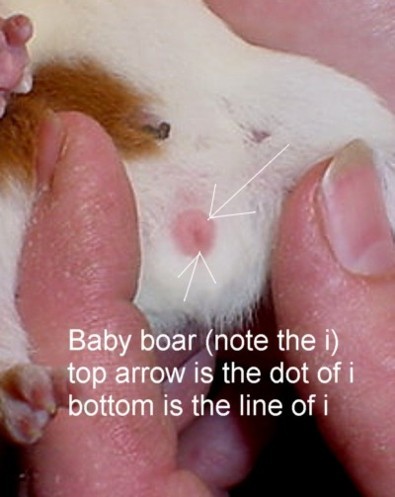 What is my guinea pig doing?
QuestionQUESTION: Hi!
I have 2 female guinea pigs, one
What is my guinea pig doing?
QuestionQUESTION: Hi!
I have 2 female guinea pigs, one
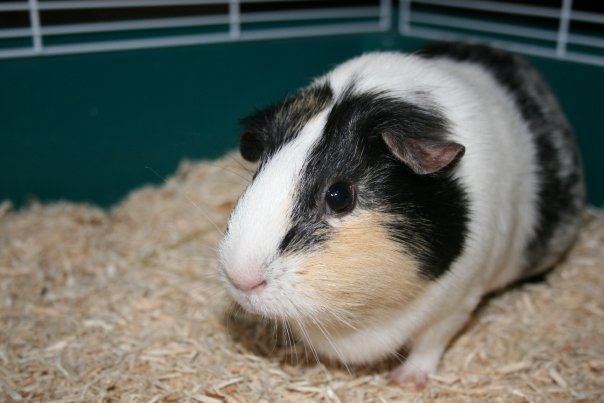 Get another guinea pig?
QuestionMolly
QUESTION: Hi. (Im 18) and I own on
Get another guinea pig?
QuestionMolly
QUESTION: Hi. (Im 18) and I own on
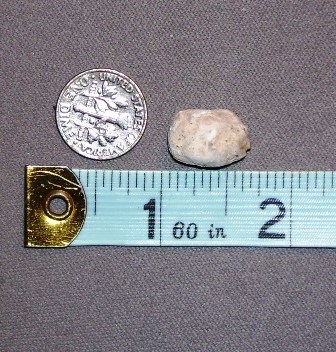 Urine infection in Guinea Pigs
QuestionHi, im just wondering recently iv spotted my fe
Urine infection in Guinea Pigs
QuestionHi, im just wondering recently iv spotted my fe
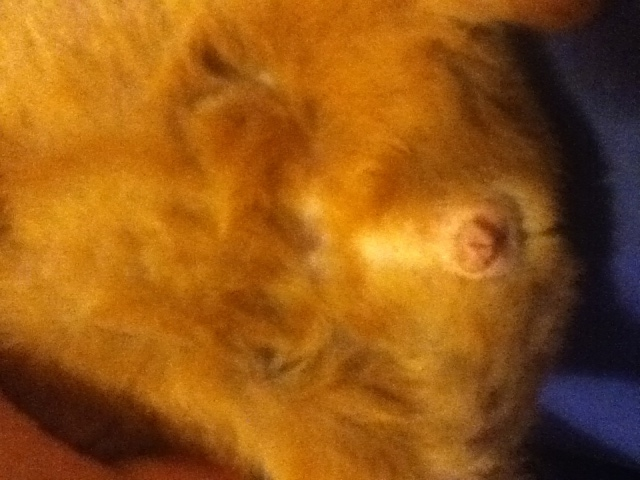 Guinea pig do you have a idea? Please
QuestionThis is his tucked up
QUESTION: Hi my g
Guinea pig do you have a idea? Please
QuestionThis is his tucked up
QUESTION: Hi my g
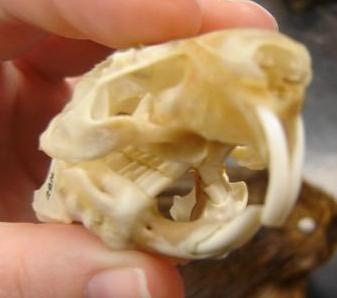 Guinea Pig Not Eatting
QuestionMy daughters guinea pig isnt eating (very littl
Guinea Pig Not Eatting
QuestionMy daughters guinea pig isnt eating (very littl